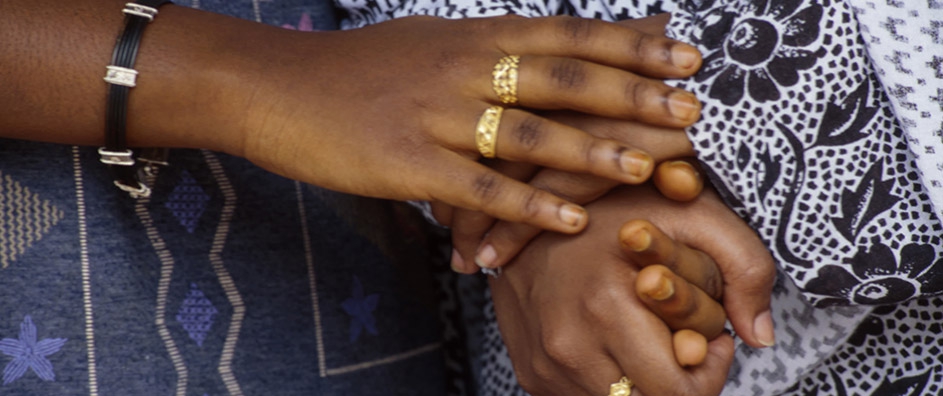The views expressed in our content reflect individual perspectives and do not represent the authoritative views of the Baha'i Faith.
Webster’s Dictionary defines compassion by de-constructing it — the Latin prefix com, means “with” or “together”; and the root word, passion, which in modern English means “strong and compelling emotion,” comes from the original, archaic Latin usage that meant “suffering.”
So the word compassion simply means suffering together.
Compassion, Father Gregory Boyle points out in his book Tattoos on the Heart, goes far beyond sympathy or empathy.
With sympathy for others, you understand their pain.
With empathy for others, you feel their pain.
But with compassion for others, you are one with them in their pain.
Here’s how Father Boyle describes it:
Jesus was not a man for others. He was one with others. There is a world of difference in that. Jesus didn’t seek the rights of lepers. He touched the leper even before he got around to curing him. He didn’t champion the cause of the outcast. He was the outcast. He didn’t fight for improved conditions for the prisoner. He simply said “I was in prison.” – p. 72.
That’s what all real religion calls us to do – to have deep compassion for every other human being:
…if a soul is endowed with the attributes of true faith and characterized with spiritual qualities he will become to all mankind an emblem of the outstretched mercies of God. For the attributes of the people of faith are justice and fair-mindedness; forbearance and compassion and generosity; consideration for others; candor, trustworthiness, and loyalty; love and loving-kindness; devotion and determination and humanity. – Abdu’l-Baha, The Secret of Divine Civilization, p. 55.
But wait a minute — no one wants to suffer, right? Don’t we desire to live our lives happily, with the least possible amount of suffering? Isn’t the whole goal of life to avoid suffering?
No.
We all suffer in this life. Life is suffering, Buddha said. The Dalai Lama writes:
One great question underlies our experience, whether we think about it or not: what is the purpose of life? From the moment of birth every human being wants happiness and does not want suffering. Neither social conditioning nor education nor ideology affects this. From the very core of our being, we simply desire contentment. Therefore, it is important to discover what will bring about the greatest degree of happiness.
So yes, we all suffer. Suffering, every Faith tells us, is part of the human condition. The question, as the Dalai Lama suggests, then becomes what do we do with our suffering? How do we transmute it into meaning and then transcend it? The Baha’i teachings recommend that we try to do as Jesus did, as Buddha did, as Baha’u’llah did:
We must look upon our enemies with a sin-covering eye and act with justice when confronted with any injustice whatsoever, forgive all, consider the whole of humanity as our own family, the whole earth as our own country, be sympathetic with all suffering, nurse the sick, offer a shelter to the exiled, help the poor and those in need, dress all wounds and share the happiness of each one. Be compassionate, so that your actions will shine like unto the light streaming forth from the lamp. – Abdu’l-Baha, Divine Philosophy, pp. 41-42.
“Be compassionate,” Abdu’l-Baha says, “so that your actions will shine like unto the light streaming forth from the lamp.”
Being compassionate isn’t easy. To get there, we need to move past sympathy and empathy and truly live into the other person’s sadness and suffering in love and unity. Without succumbing to that suffering, we need to find ways to shine.

















Comments
Sign in or create an account
Continue with Googleor